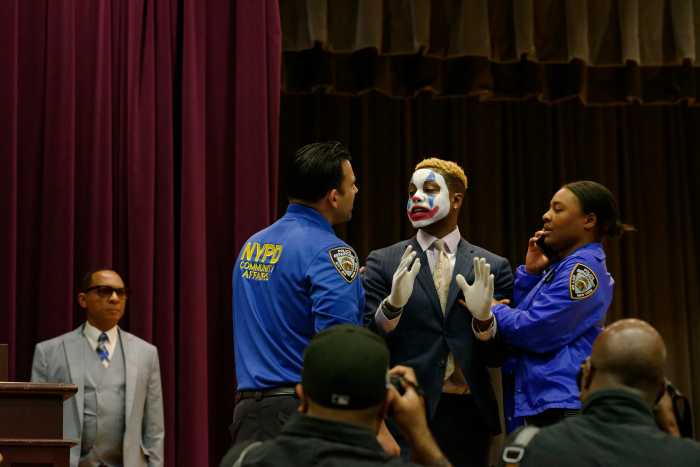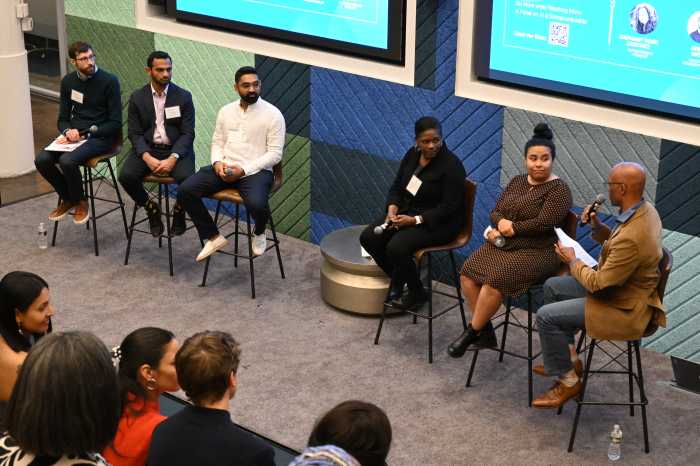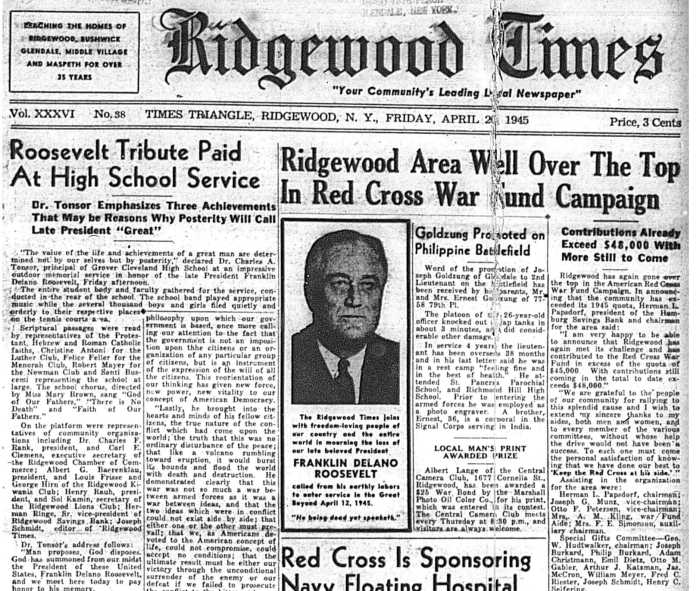As a restaurant owner operating in four states and looking to expand, I’m happy to see the minimum wage going up in 21 states to kick off the new year. I’d like to see the federal minimum wage increase as well to benefit business and our economy nationwide.
Last spring, my business partner, Frank Uible, and I raised the minimum wage in our restaurants to $10.10. And we did it without raising prices.
Our teams work hard at our restaurants. But some of our employees couldn’t afford to buy the pizza they put so much effort into for our guests. That’s not right.
And it’s not good for business.
Business owners don’t create more jobs when they have more money in their own pockets thanks to low wages. We create more jobs when other people have more money in their pockets to spend at our businesses.
More working Americans walking around with money to spend is what fuels this economy and creates more consumer demand.
Some business owners who haven’t run the numbers like us will say they can’t afford a wage increase. I’m here to tell them they can.
A sense of right and wrong may have sparked our decision, but it was old-fashioned number crunching that showed we can and should do what Congress should have already done. Our increased payroll costs were more than balanced by reduced employee turnover rates, increased productivity and greater customer satisfaction.
We lost employees before because they couldn’t afford to fill their tank with gas to get to work, or make a car repair. Employees who can make ends meet stay longer, are less stressed and are more productive.
Too many people forget that the lower the wage, the higher the employee turnover, which costs businesses time and money in recruiting and training new workers. We spend more than $500 training a new line cook. We threw away thousands of dollars in product a year due to inexperienced employees preparing it improperly. Eliminating just a portion of these expenses pays for increased minimum wages.
The morale boost and loyalty we have already gained from our employees also pays for our wage increase. It’s a win-win when employees can concentrate on serving customers, without worrying about how they are going to make rent or put food on their own table.
Our more experienced teams take better care of our guests. We’ve gained many new customers who have written us notes telling us how grateful they are that we treat our employees fairly. Those guests are visiting our business more frequently, further contributing to our bottom line.
We’ve seen that after implementing a $10.10 minimum wage our teams are performing better, our labor cost is under budget, our sales are great and we’re expanding.
To those who say jobs will be eliminated due to wage increases, we say you’re wrong!
We didn’t reduce employees at our St. Louis and Washington DC restaurants. We created more jobs. We opened a new Pi Pizza this year in Cincinnati, Ohio and are opening soon in Miami, Florida. We’re planning a second Pi Pizza in Washington DC and are looking into expanding to new states.
And we’re far from alone. Contrary to what opponents of a minimum wage raise claim, a 2014 nationwide poll showed that 61 percent of small business owners with employees support increasing the federal minimum wage to $10.10 and adjusting it in future years to keep up with the cost of living.
It’s time for lawmakers to listen to the majority of business owners who believe a minimum wage increase makes good business sense. Individual business owners can’t do it alone. Individual states can’t do it alone. We need Congress to raise the federal minimum wage for the good of our whole economy.
Chris Sommers is co-founder of Pi Pizzerias and Gringo Mexican Restaurant based in St. Louis, Missouri, with locations in Washington DC, Ohio and Florida. He is a member of Business for a Fair Minimum Wage.


























